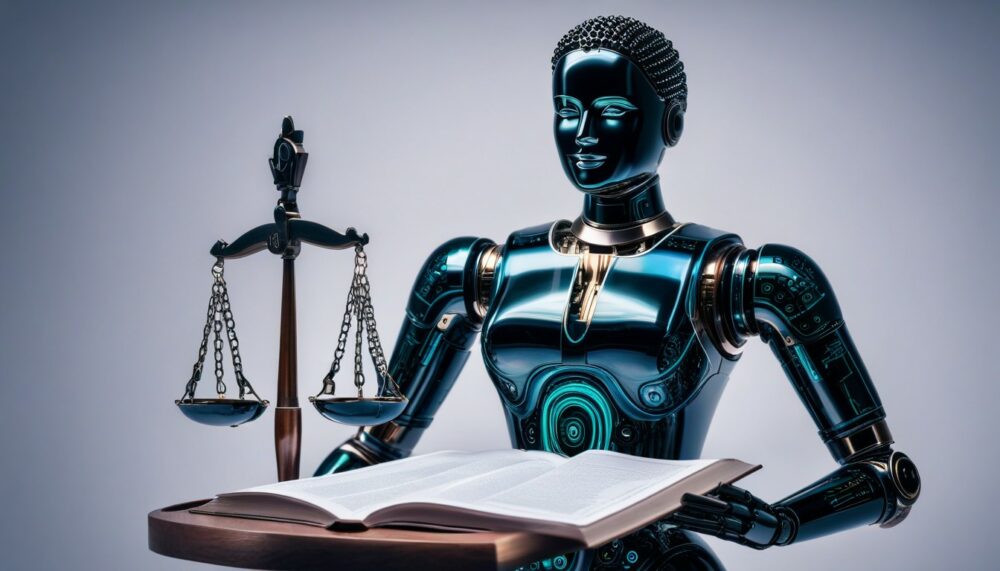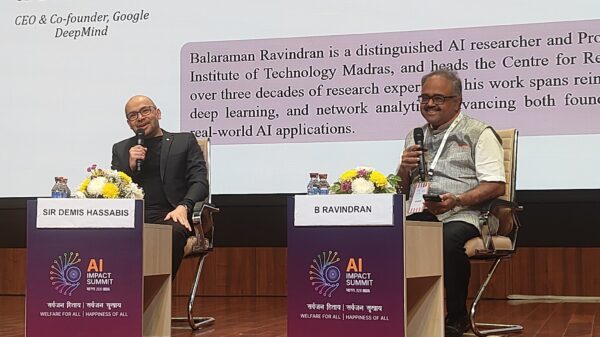Canada’s Federal Court is presently being asked to declare that only humans can be considered authors under Canada’s copyright law.
Announced on Saturday, this is the first court case in the country testing how the Copyright Act treats artificially generated content. This includes answers content such as text, images, and videos created by systems like ChatGPT.
David Fewer, director and general counsel at the University of Ottawa’s Samuelson-Glushko Canadian Internet Policy and Public Interest Clinic, aims to establish that only humans can be authors under the law through the clinic’s application.
“It’s important at this point, just before this stuff enters the commercial zone in a really serious way, that we get rules down,” Fewer said.
Fewer argued that copyright law grants humans significant rights, and it’s necessary to ensure these rights are not extended to non-human entities. He emphasized that non-human entities neither require the incentives provided by copyright nor deserve its rewards.
Read more: Verses AI raises CAD$10M in private placement and leans into AI product, Genius
Read more: Robots take over 2024 World Artificial Intelligence Conference
US Copyright Review Board refused to copyright painting
The case challenges a registration made two years ago by Ankit Sahni, an intellectual property lawyer from India.
Sahni used AI to combine his own photo of a sunset with Vincent van Gogh’s The Starry Night painting. He then attempted to register the resulting image, titled “Suryast,” in copyright registries worldwide.
In December, the United States Copyright Review Board refused to register it, and its status remains unclear in India. In Canada, the Canadian Intellectual Property Office, which grants copyright applications without verification, registered “Suryast” in 2021.
The Canadian Intellectual Property Office’s registration set a precedent by accepting AI authorship, leading to Canada gaining publicity as one of the few jurisdictions recognizing copyright in AI-authored works.
This issue is currently under consideration by the federal government. The recent consultation on AI focused on the question of AI authorship, with the government open to considering different approaches.
These approaches include clarifying that copyright protection applies only to human-created works or extending protections to AI-generated works. During the consultation, Canadian creators and publishers urged Ottawa to address the unauthorized and often unreported use of their content to train generative AI systems.
In contrast, the artificial intelligence debate has seen the launch of multiple lawsuits. Copyright holders in Canada haven’t followed suit.
“It may be that the big stakeholders in Canada are waiting to see if Parliament is going to do anything with the consultations that it’s recently held, or that they may have decided pursuing licensing schemes is a better approach,” said Fewer.
.
Follow Joseph Morton on Twitter
joseph@mugglehead.com














